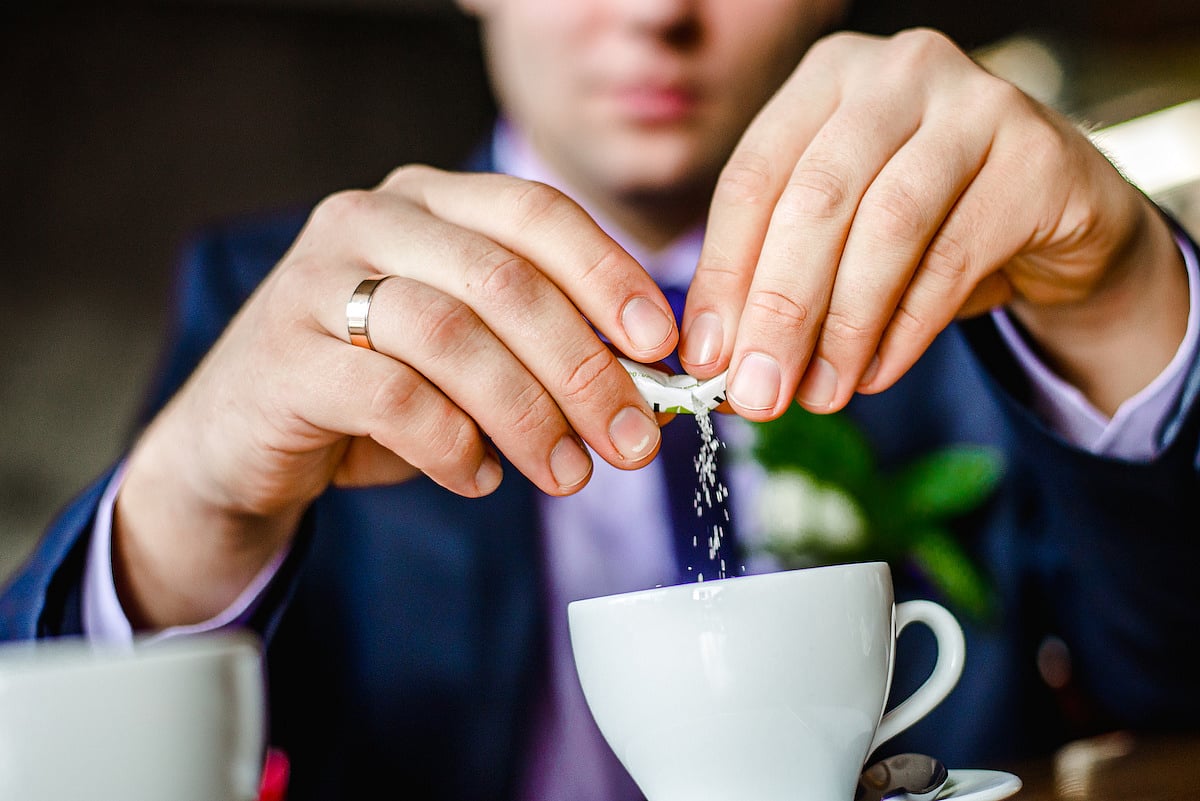Get Healthy!

- Ernie Mundell
- Posted August 4, 2025
An Artificial Sweetener May Hamper Cancer Treatment
Findings from a study in mice suggest that using a common artificial sweetener, sucralose, could hamper certain immunotherapy treatments in cancer patients.
However, for folks reluctant to give up the ubiquitous sweetener, the same team of scientists may have found a way around the problem: Giving mice a supplement that boosts levels of the natural amino acid arginine appeared to negate the effect.
“It’s easy to say, ‘Stop drinking diet soda,’ but when patients are being treated for cancer, they are already dealing with enough, so asking them to drastically alter their diet may not be realistic,” said study lead author Abby Overacre, an assistant professor of immunology at the University of Pittsburgh.
“We need to meet patients where they are. That’s why it’s so exciting that arginine supplementation could be a simple approach to counteract the negative effects of sucralose on immunotherapy,” she said.
Her team published its findings July 30 in Cancer Discovery.
Just how might sucralose disrupt cancer immunotherapies?
These treatments include powerful "immune checkpoint inhibitor immunotherapies," such as anti-PD1. This treatment works by boosting the activity of key immune system cells called T cells.
T cells need arginine to function effectively if they aim to kill cancer cells, the researchers explained.
In the mouse experiments, mice bred to have cancers such as adenocarcinoma or melanoma experienced a shift in their gut microbiomes when sucralose was added to their diets.
This led to a flourishing of certain gut bacteria that break down arginine, depleting levels of the amino acid.
“When arginine levels were depleted due to sucralose-driven shifts in the microbiome, T cells couldn’t function properly,” Overacre explained in a university news release. “As a result, immunotherapy wasn’t as effective in mice that were fed sucralose.”
Mice who’d been placed an an anti-PD1 immunotherapy but given sucralose ended up having larger tumors and poorer cancer survival versus those unexposed to sucralose, the team found.
But there was a solution: When the researchers gave the mice the supplements arginine or citruline, the potency of immunotherapy returned to normal levels.
Of course, experiments in mice don’t always pan out in people. However, a follow-up study in cancer patients appeared to support findings observed in mice.
The same research team tracked outcomes for 132 patients with either advanced melanomas or lung cancers who had received anti-PD1 immunotherapy alone or in combination with chemotherapy.
“We found that sucralose impeded the effectiveness of immunotherapies across a range of cancer types, stages and treatment modalities,” said study senior author Dr. Diwakar Davar.
“These observations raise the possibility of designing prebiotics, such as targeted nutrient supplementation for patients who consume high levels of sucralose,” said Davar, an associate professor of medicine at the university.
He said a trial is planned to test the effectiveness of citrulline supplementation in reversing the detrimental effects of sucralose on cancer immunotherapy.
As Davar noted, citrulline is thought to boost arginine levels more than giving arginine itself.
More information
Find out more about anti-PD1 therapies at the U.S. National Cancer Institute.
SOURCE: University of Pittsburgh, news release, July 31, 2025
